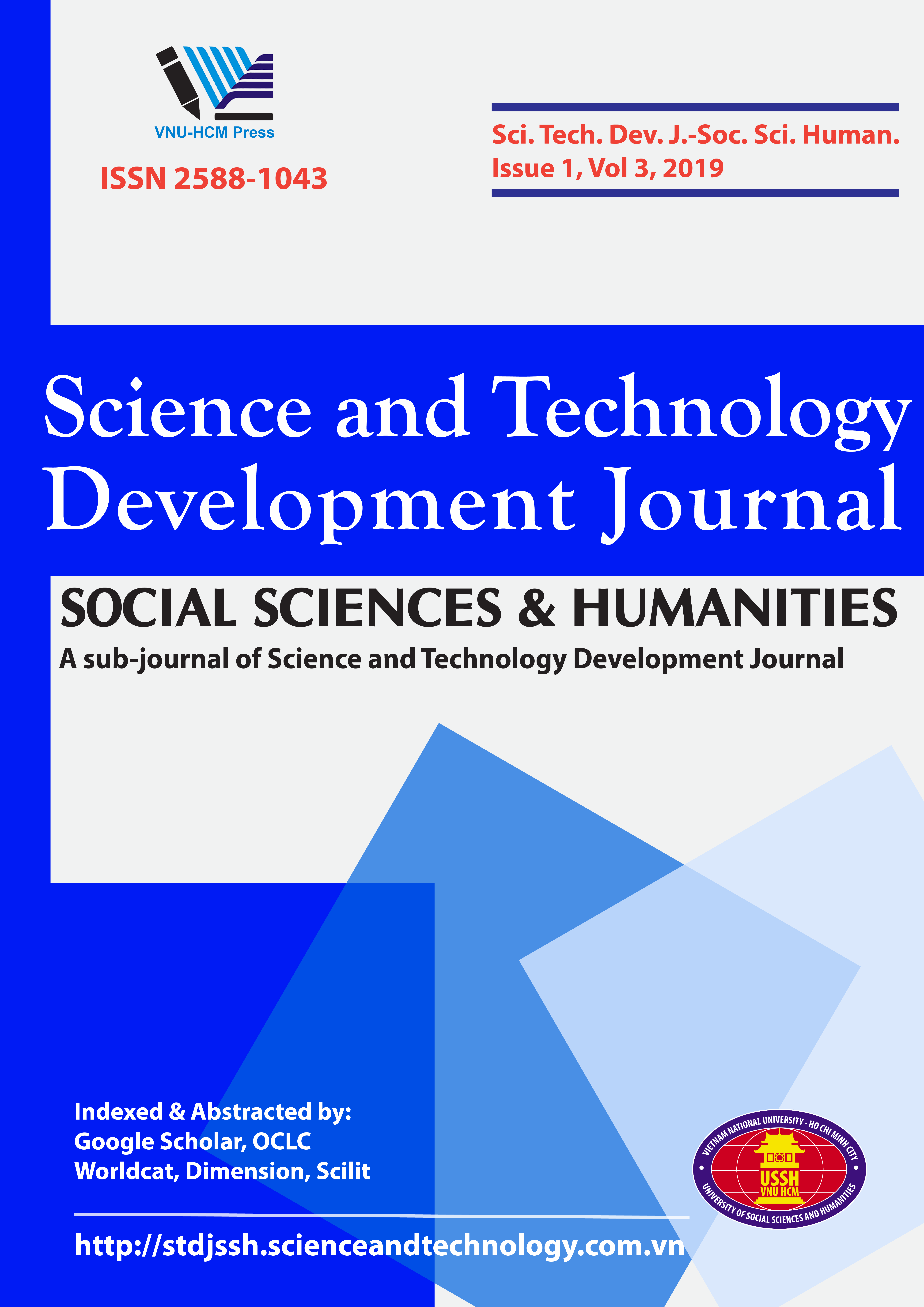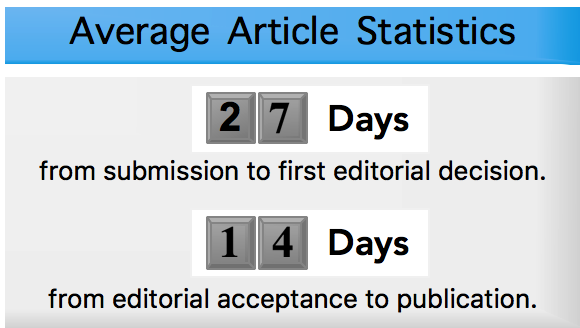Downloads
Abstract
What can reason be if not precisely the becoming of reason from its own sentient, irrational past? This seems an unfamiliar argument in current research trends approaching Dostoevsky as a critic against reason. Negating such dualistic perception, Hegel’s The Phenomenology of Spirit reveals to us the temporal character of reason, or reason on its way of becoming, a journey of knowing evolving from observing reason, actualizing reason to real reason. The observing reason enters the world with friendly admiration and hopes to grasp the Notion through pure curiosity in doing scientific research; whereas the actualizing reason must struggle to survive in harsh and impoverished reality, fight for virtue over greed, and search for a way out of great misery through fervent faith. At last, the real reason determines ethical laws and proceeds to construct society and the state. At this point, the reason will transform into the moment of spirit - a new chapter of becoming opens, followed by moments of religion and absolute knowledge. From a Hegelian point of view, Dostoevsky is a phenomenologist who describes the activity of reason to us. Each character in The Brothers Karamazov appears not as a detached existence but entails the weight and the floating sphere of Spirit, meanwhile, their will and emotion represent the reason on its way of becoming.
Issue: Vol 10 No 1 (2026)
Page No.: 3217-3228
Published: Dec 25, 2025
Section: Research Article - Arts & Humanities
DOI: https://doi.org/10.32508/stdjssh.v10i1.1057
PDF = 20 times
Total = 20 times
Most read articles by the same author(s)
- Uyên Nho Minh Nguyễn, “Spirit closes and opens its eyes” - an experimental reading of Hegel’s Concept of Spirit in The phenomenology of Spirit , VNUHCM Journal of Social Sciences and Humanities: Vol 8 No 4 (2024)

 Open Access
Open Access 








